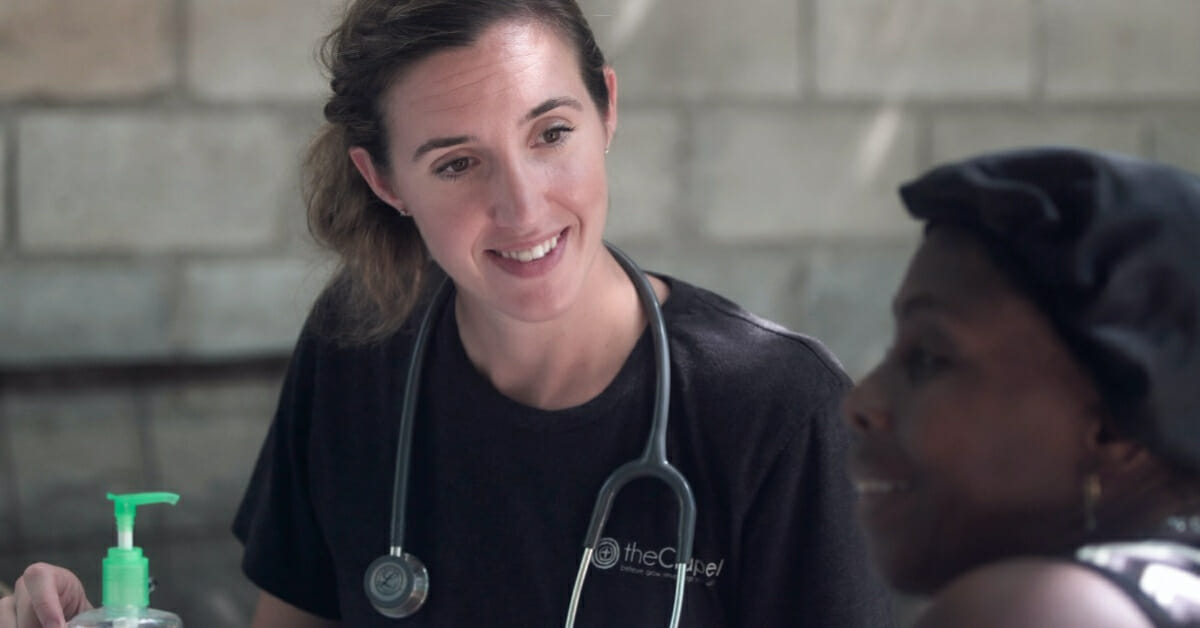Medical-Surgical Nursing II builds upon foundational medical-surgical nursing knowledge to provide comprehensive care for adult patients with renal, gastrointestinal, fluid-electrolyte, endocrine and cancerous disorders. Students will develop advanced skills in laboratory interpretation, including arterial blood gas analysis, and master complex nursing interventions for multi-system disorders. The course emphasizes critical thinking and clinical reasoning in the management of patients with chronic conditions and acute exacerbations.
Through evidence-based case studies and comprehensive Qbank tests, students will integrate pathophysiology with nursing practice to deliver safe, patient-centered care. Special emphasis is placed on understanding the interconnected nature of body systems and the cascade effects of organ dysfunction on overall patient health.
Learning objectives
After the completion of this course, you will be able to:
- Demonstrate mastery in interpreting complex laboratory panels including liver function tests, pancreatic enzymes, and gallbladder function markers to guide nursing assessments and interventions
- Synthesize multiple laboratory findings with clinical presentations to identify complications and prioritize nursing care for patients with multi-system disorders
- Apply comprehensive knowledge of renal and urinary system anatomy and physiology to assess kidney function and identify early signs of deterioration
- Discuss evidence-based nursing interventions for patients with glomerulonephritis, acute kidney injury, and chronic kidney disease, including preparation for renal replacement therapy
- Detail expectations of nurses regarding monitoring fluid balance, medication dosing adjustments, and dietary modifications for patients with varying degrees of renal impairment
- Discuss care of gastric disorders, implementing interventions to prevent complications such as bleeding, perforation, and malnutrition
- Evaluate liver function through clinical assessment and laboratory interpretation, providing nursing care for patients with hepatitis, cirrhosis, and liver failure
- Provide pre- and post-operative care for patients undergoing gallbladder procedures, including pain management and complication prevention
- Interpret arterial blood gases to identify respiratory and metabolic acidosis/alkalosis and implement appropriate nursing interventions
- Discuss clinical applications of various IV fluid therapies, including crystalloids, colloids, and blood products, while preventing fluid overload and electrolyte imbalances
- Recognize and manage common electrolyte imbalances including sodium, potassium, calcium, and magnesium disorders through medication administration and patient education
- Identify markers of thyroid function and provide nursing care for patients with hyperthyroidism and hypothyroidism, including medication management and patient education
- Understand Type 1 and Type 2 diabetes pathophysiology, risk factors, and prevention strategies
- Recognize and manage acute and chronic diabetic complications including diabetic ketoacidosis, hyperosmolar hyperglycemic state, and long-term vascular complications
- Understand the development of cancerous conditions across the lifespan
- Recognize nursing interventions appropriate for the care of patients with a variety of cancerous conditions
Course outline
- Lab Value Interpretation III
- Renal and Urinary Disorders
- Review: Anatomy and Physiology of the Renal and Urinary System
- Assessment of Renal Function
- Glomerulonephritis
- Acute and Chronic Renal Failure
- Gastrointestinal Disorders
- Gastric Disorders
- Liver Functions and Dysfunctions
- Diseases of the Liver
- Diseases of the Gallbladder
- Fluid, Electrolyte, and Acid-Base Imbalances
- Interpretation of Arterial Blood Gases (ABGs)
- Medications for Fluid and Electrolyte Imbalances
- IV Fluids
- Endocrine Disorders
- Thyroid Disorders
- Diabetes Type 1 and 2: Introduction and Risk Factors
- Diabetes Type 1 and 2: Complications and Symptoms
- Cancerous Conditionsders
- Review: Anatomy and Physiology of the Cardiovascular System
- Hypertension
- Coronary Artery Disease: Atherosclerosis
- Acute Coronary Syndrome
- Care of the Cardiac Surgical Patient
- Heart Failure
- Structural and Inflammatory Heart Disease
- Structural and Inflammatory Vascular Disease
- Electrocardiogram (ECG)
- The Basics of ECG Strips
- Analysis of Abnormal ECG Strips
- ECG Essentials: 5 and 12 Leads
- Respiratory Disorders
- Supplemental Oxygen
- Respiratory Assessment
- Review: Anatomy and Physiology of the Respiratory System
- Lung Disorders
- Obstructive Respiratory Disorders
- Respiratory Case Study: Nursing Care of a COPD Patient
- Acute Respiratory Distress Syndrome (ARDS)
- Influenza and Pneumococcal Vaccination
- Infectious Disorders

